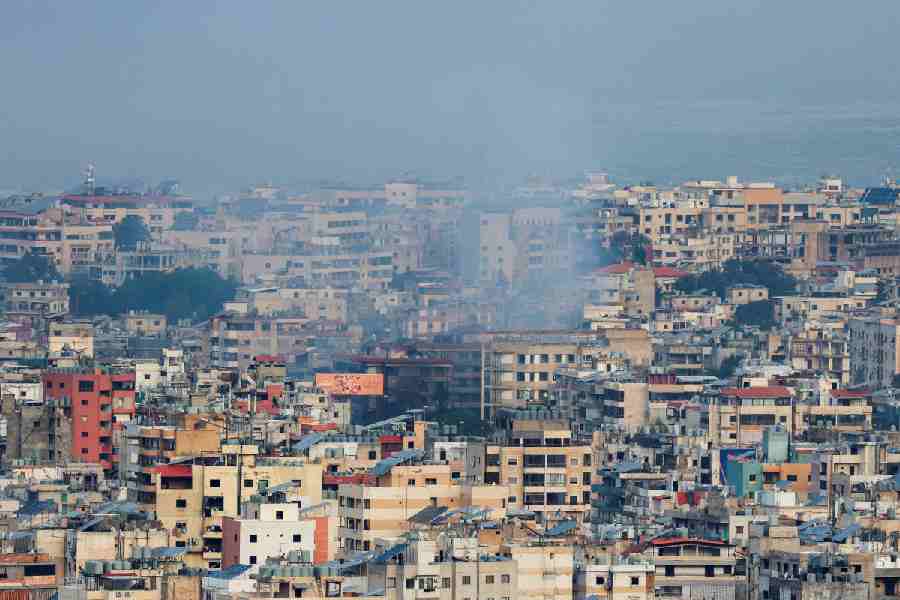The company that produces the largest quantity of Darjeeling Tea has withdrawn its representatives from two plantations after workers refused to pluck the premier first flush leaves, which command the highest prices, to press for early settlement of the annual bonus.
This is the first time in recent memory that labourers have refused to pluck the first flush tea leaves and tea gardens are closed because of the cease-work despite huge financial implications.
The Chamong Tea Group withdrew the management representatives from Singbuli (in Mirik) on Thursday and Nagri Farm (in Sukhiapokhri) on Wednesday.
According to the Tea Board of India’s directive, the first flush plucking in the Darjeeling tea industry could start on February 27. However, plucking dates vary as leaves take time to be ripe as one climbs to higher altitudes.
“The leaves were ready for plucking at Singbuli today (on Thursday), while the leaves were ready for harvest in Nagri Farm yesterday (on Wednesday). The workers didn’t, however, pick the leaves,” said a management source.
The group, which owns 14 gardens in the Darjeeling hills, immediately decided to withdraw the management from both Singbuli and Nagri Farm.
“…when the workers are not willing to work, not listening to the reasonable orders of this management, the company is left with no other alternative but to withdraw its management,” reads an order issued by the Chamong Tee Group.
Singbuli has around 700 labourers, while over 500 workers are in Nagri Farm.
Management sources said workers affiliated with the Indian Gorkha Janshakti Front (IGJF) led by Ajoy Edwards had a charter of demands.
“They are demanding a four per cent additional bonus for 2024 and a 20 per cent bonus this year. The demand is that both the issues be resolved at the local level and the management give a written assurance,” said a source.
The management, however, said the settlement of the bonus was in the domain of the state government. “Also, these issues cannot be resolved at the garden level,” said the source.
The Chamong Tea Group’s decision has surprised many.
“The first flush tea is a premier product and no gardens want to stop work,” said a planter.
Sources estimate that even a mid-sized Darjeeling tea garden would lose up to ₹1 crore if plucking is stopped for a week.
“In this context, the decision to close down two gardens is surprising,” said the planter.
Workers of some other estates in the hills, too, have refused to pluck the tea leaves. However, the management of those gardens is resorting to a “no work, no pay” policy.
Veterans of the Darjeeling Tea industry maintain the sector is going through a rough phase.
“We are not finding anyone to buy Darjeeling gardens. Politicians with business backgrounds should take over a few gardens and pay the workers what they demand. If they can, we will follow suit,” said a planter.
Edwards, who called for a halt in the plucking of the first flush tea leaves, is a businessman.
The planters said the violent Gorkhaland agitation in 2017 had hit the industry hard with importers replacing Darjeeling Tea with Nepal tea.
Many areas of Nepal that grow orthodox tea are contiguous with Darjeeling.
While the Nepal government imposes an import duty of 40 per cent on Indian tea, no import duty is levied on Nepal tea in India.
The cost of production in Nepal is said to be 40 per cent less than Darjeeling Tea.
An industry insider said approximately 16 million kgs of Nepal tea were imported to India annually and of them, five to six million kgs were orthodox tea.
Currently, around 6.5 million kg of made tea is produced annually in the Darjeeling hills against an all-time high of 14 million kg earlier.










